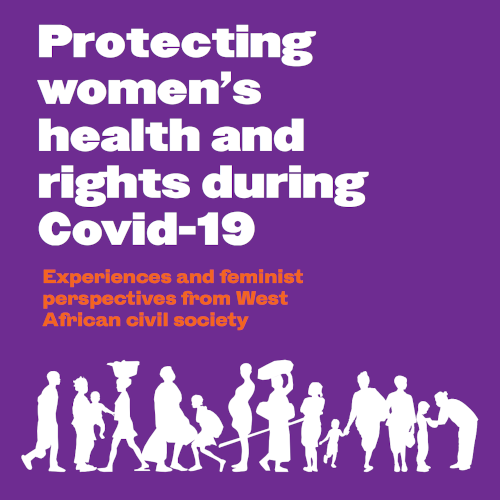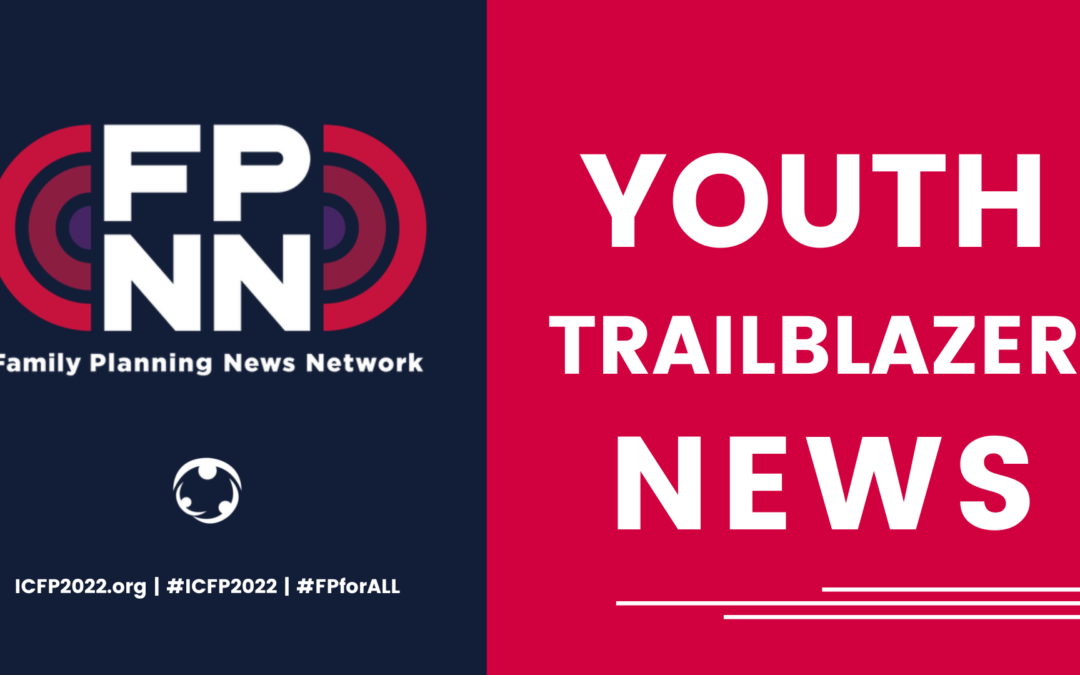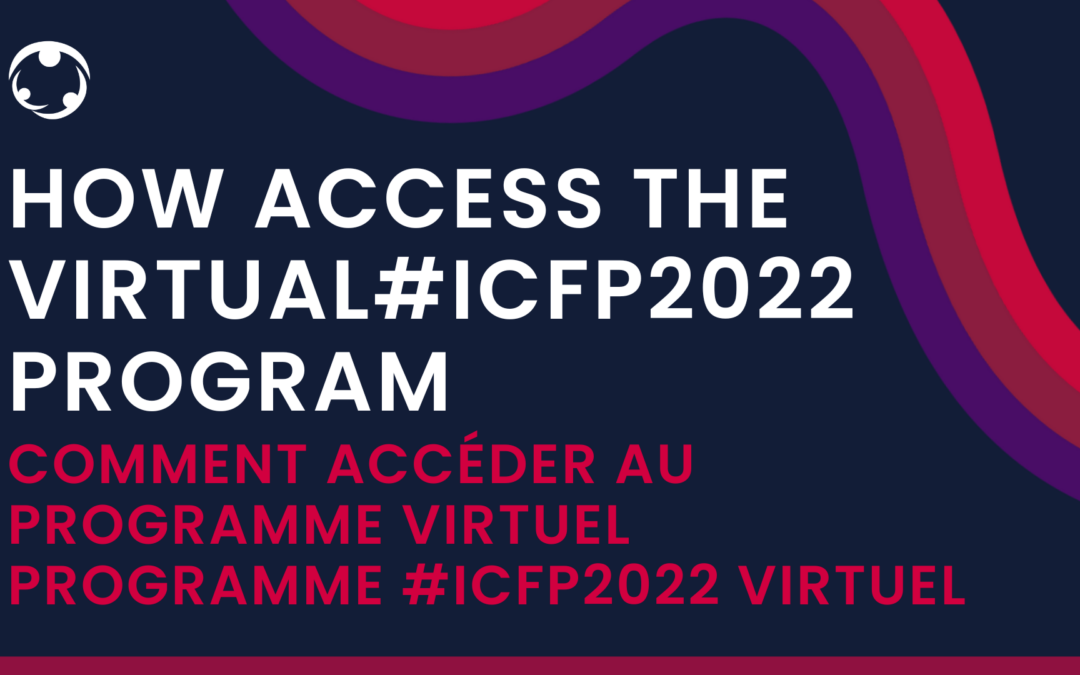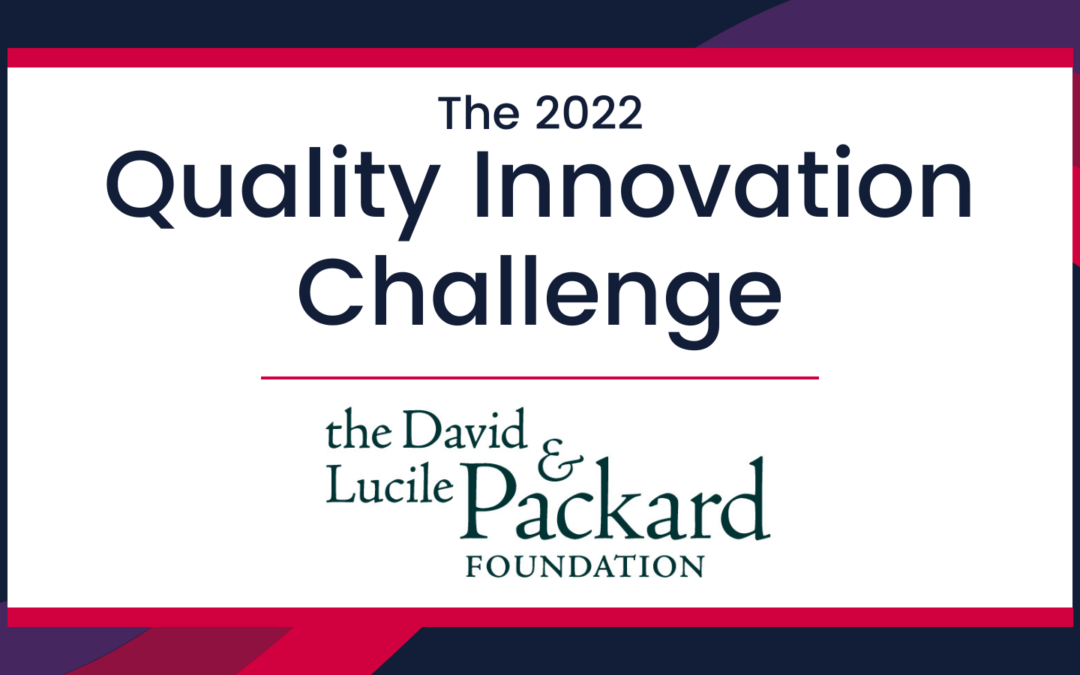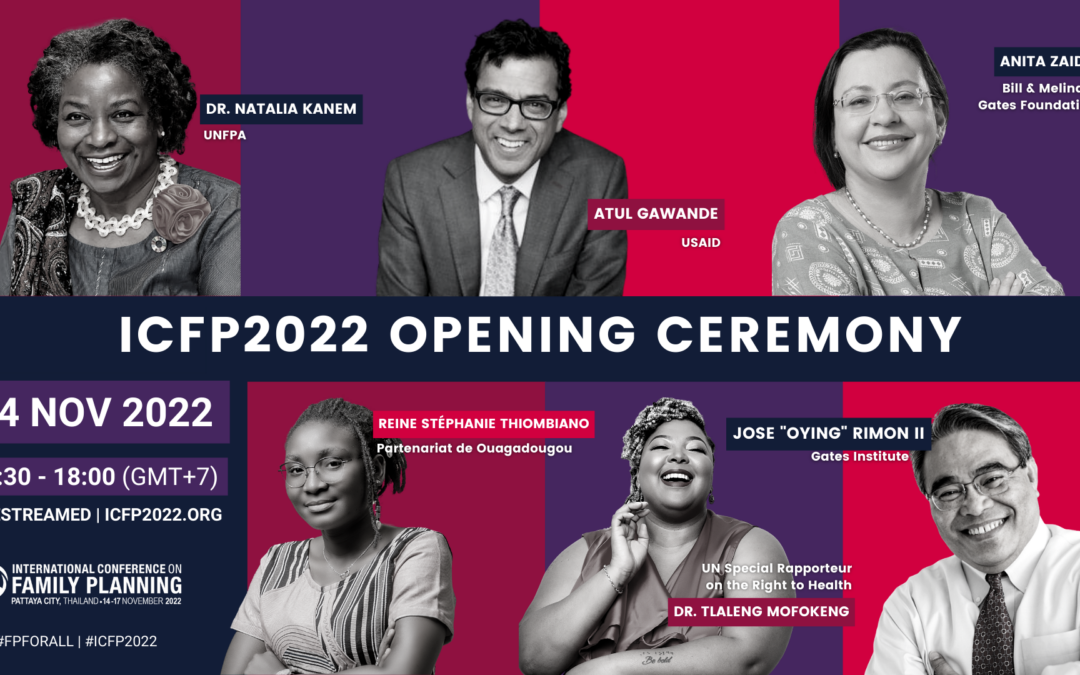Originally Posted on www.equipop.org.
Organisations and activists working on gender equality throughout the world have played an important role in responding to Covid-19. This role has been threefold: as observers of the disproportionate impacts of the pandemic on women; as whistle-blowers for human rights violations and social distress; and of course, as partners for crisis prevention and management, notably in cushioning the social and health consequences of Covid-19.
In Francophone Africa, a region where Equipop has established long-term partnerships in the last twenty years, women’s rights organisations have been particularly active on Covid-19. This report, constructed from research conducted with Equipop’s partners in Benin, Burkina Faso, Côte d’Ivoire, Guinea, Mali, Niger and Senegal, presents their experiences and recommendations.
The organisations and activists interviewed by Equipop for this report are critical of a disproportionate exposure of women to Covid-19 in their countries, in terms of heavier workloads, economic losses, an explosion of gender-based violence, and an overall lessening of autonomy and agency. Our partners describe how the pandemic has already affected women’s health, in particular their sexual and reproductive health (SRH), given a double fall in both supply and demand for SRH services. Certain groups are particularly vulnerable, such as young people and adolescent girls. These impacts will continue to be felt in the medium-term, long after the pandemic has peaked.
Unfortunately, this report also demonstrates just how little has been done to ensure that political and policy responses to the pandemic have taken these issues – and a gender perspective – into account. Activists and organisations are urging governments and donors to stop and listen, and to integrate and support civil society as an essential partner in crisis situations. Though this report, they hope that decision- and policy-makers will have a better understanding of the reality on the ground, and adapt policy and practice accordingly, to strengthen public services and civil society in order to support more equal, just and resilient societies.
The full report, “Protecting women’s health and rights during Covid-19. Experiences and feminist perspectives from West African civil society” is available here.

